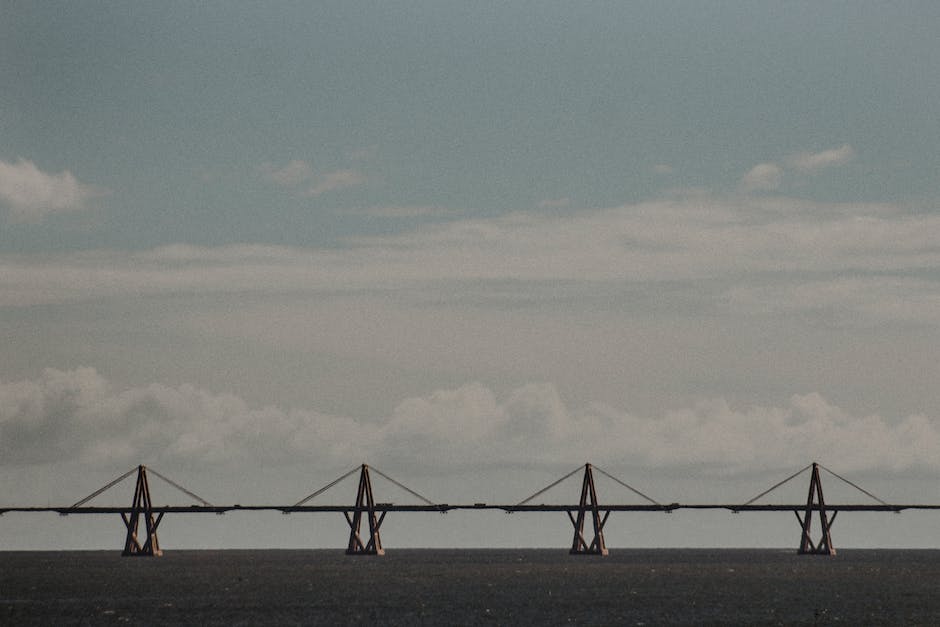
Maracaibo’s real estate market has been a rollercoaster ride over the past decade, with its fair share of ups and downs. Nestled by the lake that shares its name, this Venezuelan city has seen transformations that have shaped not only its skyline but also the lives of its residents. From economic shifts to political changes, each factor has played a pivotal role in the evolution of property values and investment opportunities.
The Early 2010s: A Market in Flux
Let’s rewind to the early 2010s. Maracaibo was buzzing with potential. Oil prices were high, and the city, known as the oil capital of Venezuela, was reaping the benefits. Real estate was booming, with new developments popping up like daisies in spring. Investors were eager to get a slice of the pie, and homeownership was a tangible dream for many locals.
However, this golden era was not to last. The global oil price crash in 2014 sent shockwaves through Maracaibo’s economy. As the main source of income dried up, the real estate market began to feel the pinch. Prices started to wobble, and uncertainty crept in.
Mid-Decade Challenges
By the mid-2010s, the situation had taken a sharp turn. The Venezuelan economy was in turmoil, and Maracaibo’s real estate market was not immune. Hyperinflation kicked in, making the Bolivar less valuable by the day. This economic instability led to a significant drop in real estate demand as purchasing power plummeted.
During this period, many properties went unsold, and construction projects were put on hold. The once-thriving market was now a shadow of its former self. It was a tough time for sellers, but for the savvy investor with access to foreign currency, opportunities were ripe for the picking.
A Shift Towards Rentals
As the decade progressed, a trend emerged. With the purchase of property becoming less feasible for many, the rental market started to gain traction. Landlords began adjusting their expectations, and rental prices were set in US dollars to counteract the bolivar’s instability.
This shift was a game-changer. It provided a semblance of stability in a volatile market. For expats and those with income in foreign currency, renting in Maracaibo became an attractive option. The city’s real estate landscape was adapting to a new Normal.
Renewed Hope in the Late 2010s
As we approached the end of the decade, there were glimmers of hope. The government introduced economic reforms in an attempt to stabilize the situation. Slowly but surely, confidence began to return to Maracaibo’s real estate market.
Developers who had paused their projects started to resume construction. There was a cautious optimism in the air. While the market hadn’t fully recovered, the worst seemed to be over. Investors and homeowners alike were starting to look towards the future once again.
The Current Landscape
Today, Maracaibo’s real estate market is a testament to resilience. The city has weathered the storm and is on a path to recovery. While prices have not soared to their previous heights, they are stabilizing. The market is more balanced, with a healthy mix of buying, selling, and renting activities.
Modern developments and renovated properties are attracting new interest. The city’s infrastructure is improving, and there’s a sense that Maracaibo is reclaiming its place as a desirable location for real estate investment.
FAQs
What has been the impact of currency instability on Maracaibo’s real estate market?
Currency instability led to hyperinflation, which eroded purchasing power and decreased demand for property purchases. However, it also created a robust rental market with prices set in US dollars, providing some stability.
Is now a good time to invest in Maracaibo’s real estate?
With the market showing signs of stabilization and recovery, it could be a good time for investment, especially for those with access to foreign currency. However, it’s crucial to stay informed about the economic and political climate.
How has the real estate market adapted to the economic challenges in Maracaibo?
The market has shifted towards rentals, with many transactions occurring in foreign currency. There’s also been a focus on completing previously halted construction projects and modernizing infrastructure.
Conclusion
In conclusion, Maracaibo’s real estate market has been on quite the journey over the last decade. From the highs of the early 2010s to the challenges mid-decade and the cautious optimism that followed, the market has shown incredible adaptability. Today, with a more stable environment, there’s renewed interest in the city’s properties. For those looking to dive into Maracaibo’s real estate market, it’s a city with a story of resilience and potential for growth. As we look to the future, it’s clear that Maracaibo will continue to evolve, offering opportunities for those ready to be part of its next chapter.